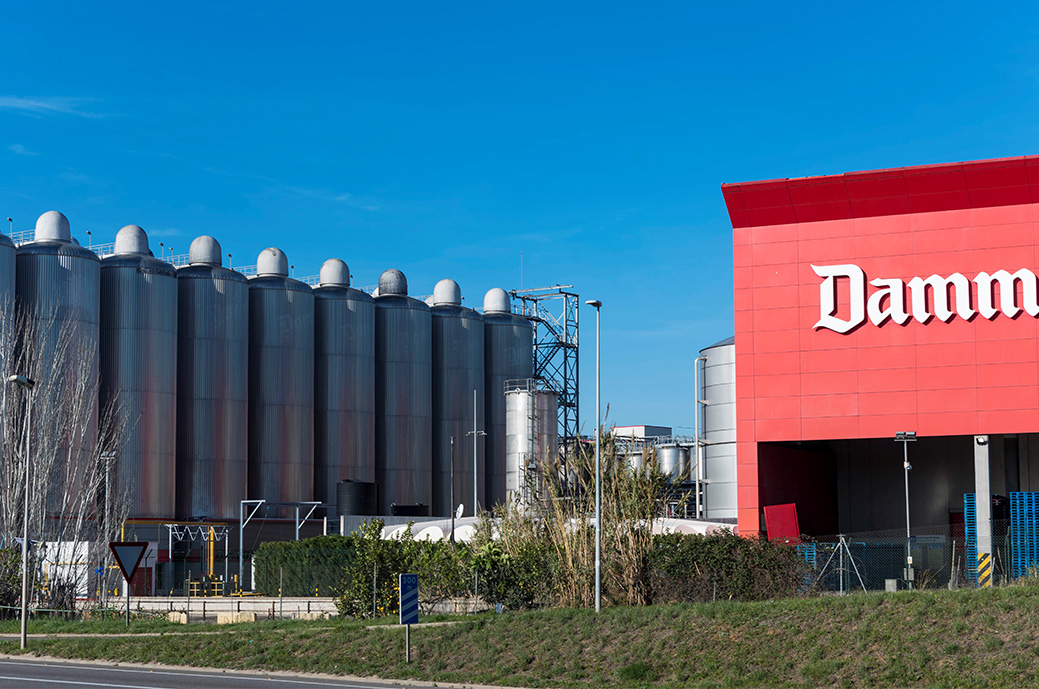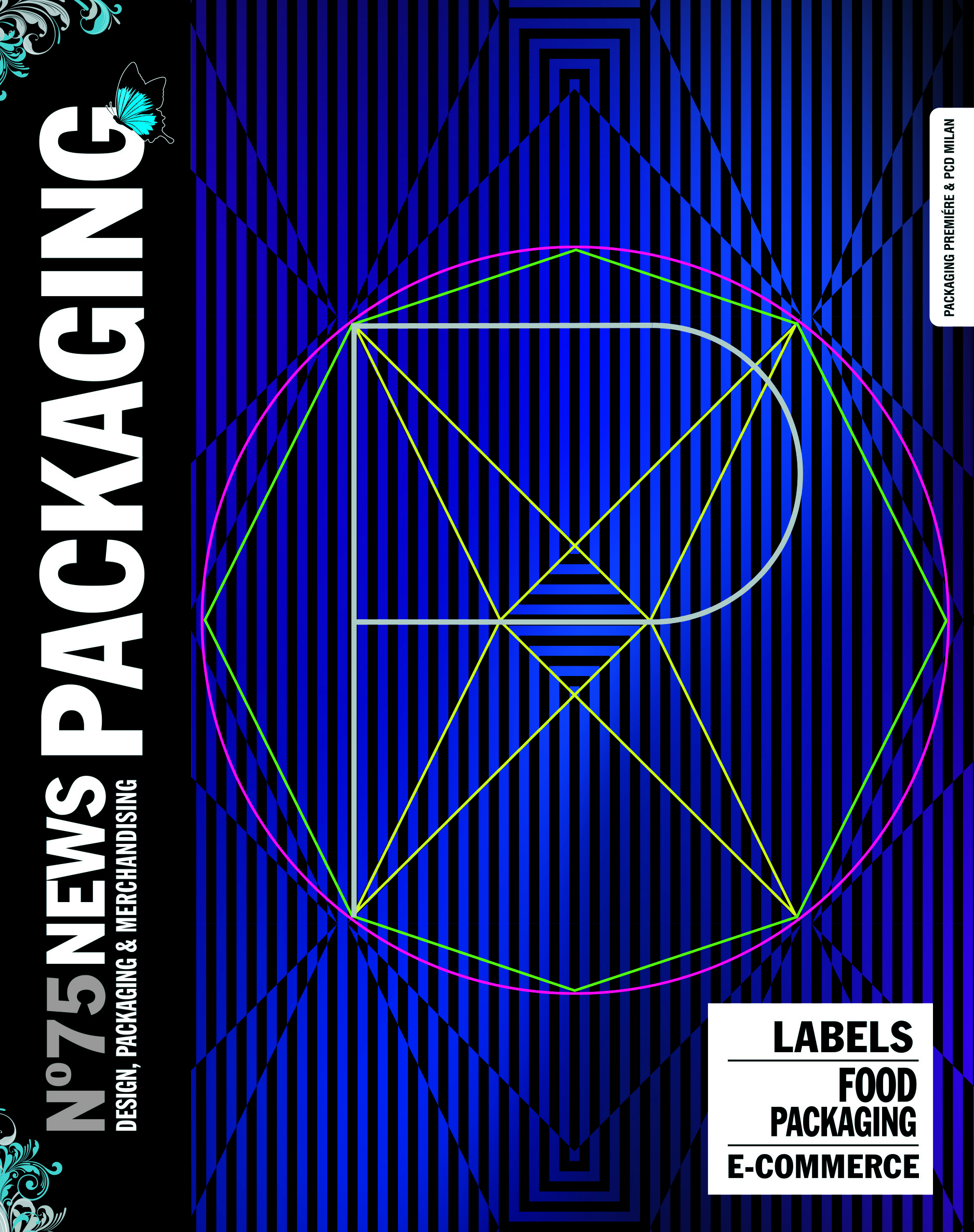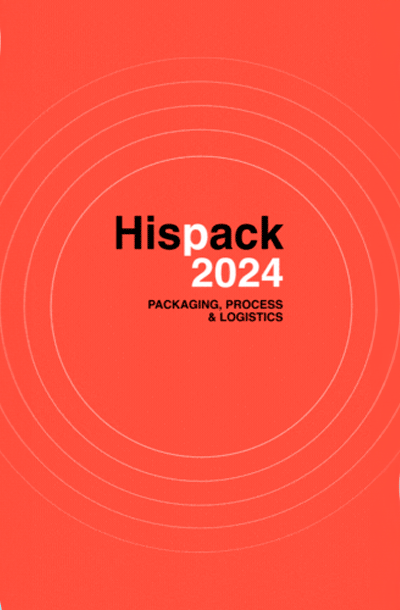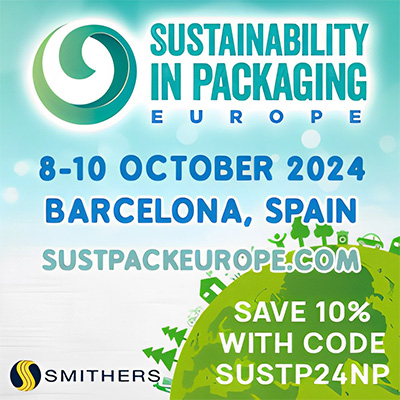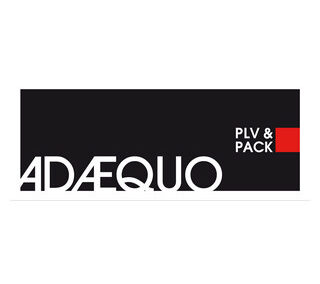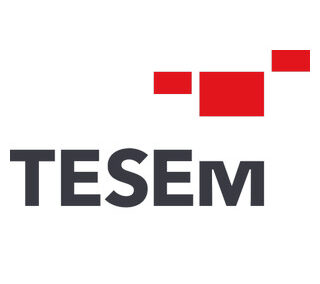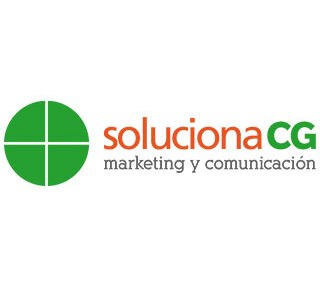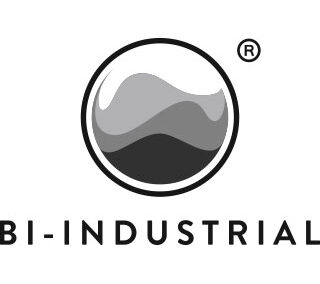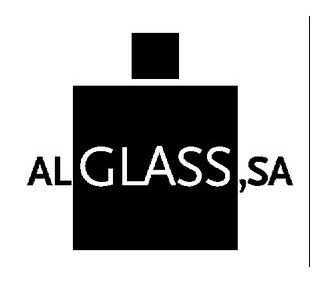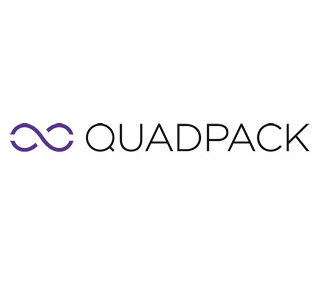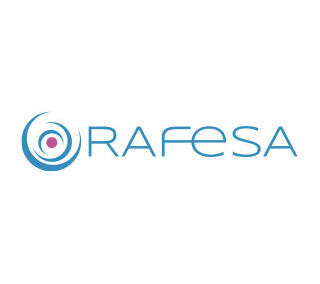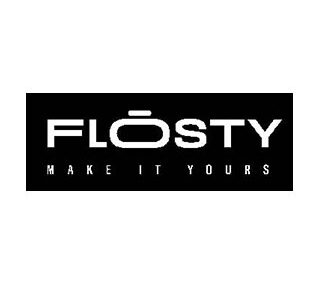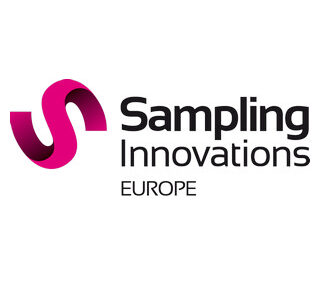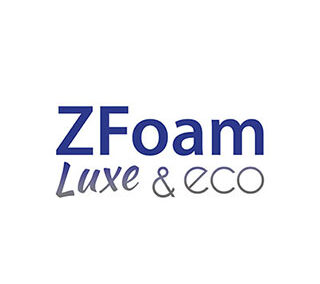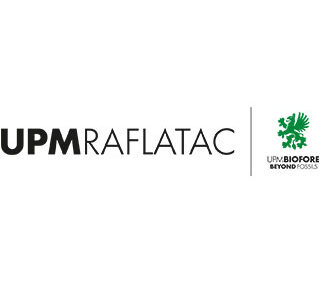La Damm factory in El Prat de Llobregat (Barcelona) continues to advance in its strategy of integration and compliance with the Sustainable Development Goals and consolidates its circular economy model through which the plant annually recovers up to 97% of the waste generated for their productive activity. This milestone has allowed the Damm production center to receive the Zero Waste certificate what gives AENOR.
This important distinction recognizes organizations that value at least 90% of their waste fractions, giving them a second life and thus avoiding landfills as their final destination. The organized management of waste allows it to be reused and/or transformed into raw materials, reintroducing it into the value chain and generating a positive effect on the conservation of natural resources and ecosystems.
Damm's commitment to sustainability is present in every step the company has taken since its inception. The constant work carried out to minimize its environmental impact has led the company to consolidate the application of a circular model as one of the main axes of its environmental policy. During the last year, the Damm Factory in El Prat de Llobregat took a further step in its commitment to the environment, joining the other six production plants of the company that already have the AENOR Zero Waste certificate as an example of the work carried out in pro of the revaluation of their waste and the reintroduction in the value chain.
As part of its commitment to minimizing waste, Damm has achieved that more than 90% of the waste generated in production can be recovered, betting on the circularity of materials such as glass and aluminum cans. In addition, 100% of Damm's containers are recyclable and more than 50% of beer containers are returnable.
Likewise, the final residue of the beer filtration process is used as a natural organic amendment for crops. Another example of circular reuse is carbon dioxide from fermentation, which is recovered to be used again, thus making the plant self-sufficient in carbon dioxide. In addition, the organic matter of the wastewater is transformed into energy that is self-consumed in the production process itself.
The company also promotes circularity in the management of by-products obtained through the production process. An example of this is the reuse of 10 0% of the bagasse that results from the cereal cooking process during the brewing process. This by-product is supplied to farms for animal feed, mainly for cows, in order to return the cereal to the land and thus close the circle. In fact, this last year it has been possible to reuse 100.000 tons of bagasse generated in the Estrella Damm factory. A similar process is also carried out with the yeast extracted from the fermentation process, which later becomes animal feed.
“The achievement of the AENOR Zero Waste certificate in seven of our centers, including the Damm factory in El Prat del Llobregat, recognizes the work that Damm has been carrying out for years to improve sustainability throughout our production chain. The company has managed to recover almost 26.000 tons of waste during the last year," he said. Juan Antonio Lopez Abadía, director of Damm's Department of Energy Optimization and Environment.
Currently, 100% of the energy consumed at the El Prat de Llobregat plant has a green certificate of origin and the factory self-generates 89% of the energy it consumes. The El Prat de Llobregat plant certified its water footprint in 2020 (according to the Water Footprint Network) in addition to its water footprint (according to ISO 14046:2016). It also obtained the Platinum category from EsAgua for the responsible use of water in the operations carried out at the plant.

